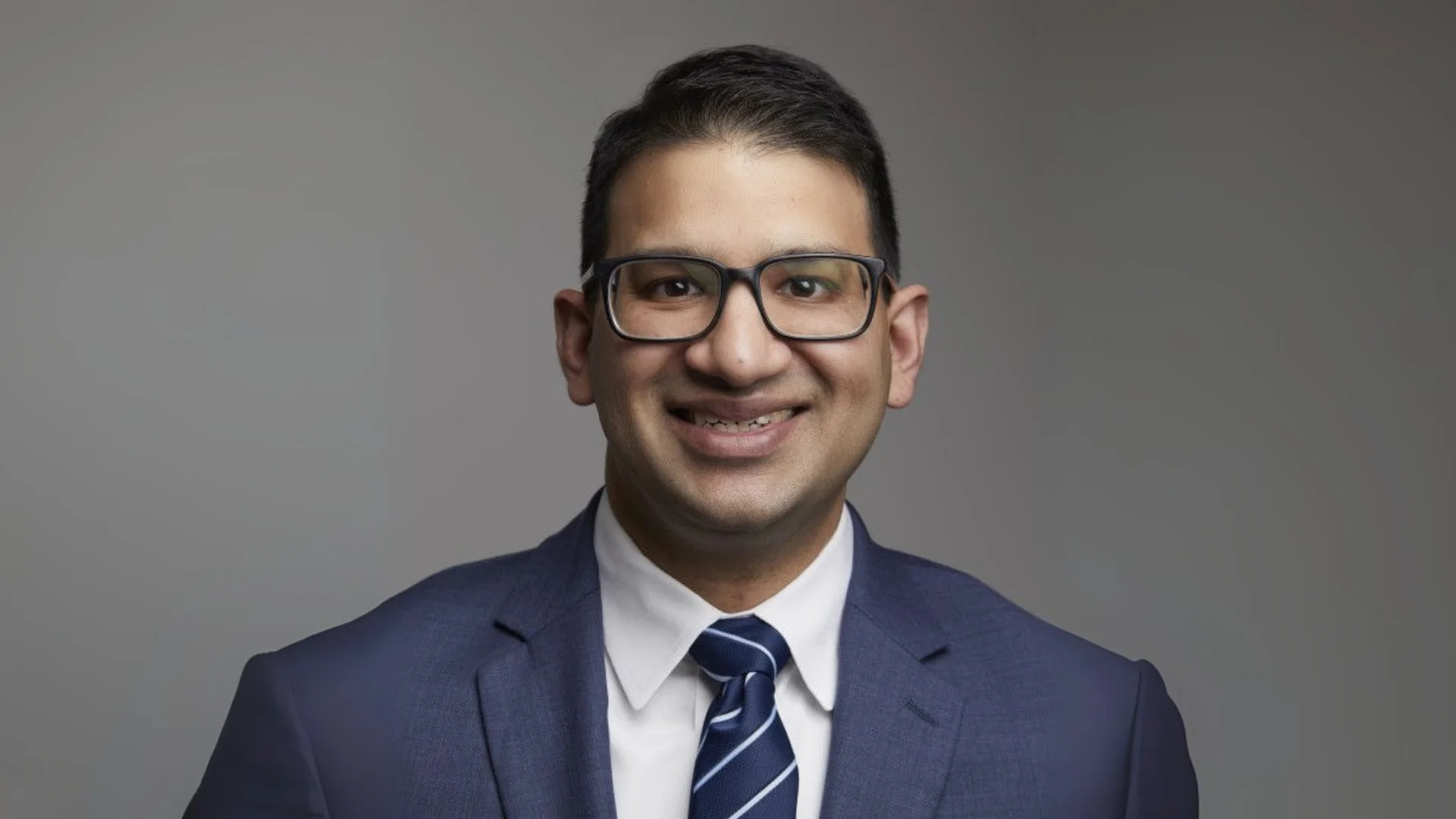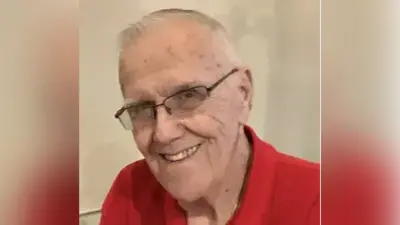Dr. Sameer Vohra Director at IDPH | IDPH
Dr. Sameer Vohra Director at IDPH | IDPH
The Illinois Department of Public Health (IDPH), Brady: United Against Gun Violence, and the Ad Council have launched a new phase of their “Pause to Heal” campaign. This initiative aims to raise awareness about Firearm Restraining Orders (FROs), also known as “extreme risk laws” or “red flag laws,” which are designed to prevent firearm injuries and deaths.
The campaign introduces new public service advertisements (PSAs) that show how family members, household members, or community members can file a FRO to temporarily remove firearms from individuals in crisis. The PSAs direct viewers to Illinois.gov/PauseToHeal for more information.
Extreme risk laws like Illinois’ FRO allow civil orders that temporarily prevent someone in crisis from buying or possessing firearms. Research has shown these measures can reduce firearm injuries and deaths. For example, a study found that Indiana’s extreme risk law may have prevented one suicide for every ten orders enforced. However, an Ad Council study revealed that only 10% of Illinois residents are familiar with FROs.
FROs can be requested through a civil process by family or household members or law enforcement officers if someone is showing signs they might harm themselves or others. If granted, the order blocks access to firearms during the crisis period.
“Firearm restraining orders are effective public health solutions that improve public safety,” said IDPH Director Dr. Sameer Vohra. “IDPH is proud of the Pause to Heal Campaign and its ability to provide Illinoisians with information on how to help a friend or loved one in crisis. IDPH is excited to continue our collaboration with Brady and Ad Council to relaunch this campaign and take it to the next level with these new public service ads.”
“Widespread awareness of Firearm Restraining Orders is crucial to ending family fire and freeing America from gun violence,” said Brady President Kris Brown. “This uniquely American epidemic can only be quashed if we are all aware of resources to protect our loved ones. By sharing information in accessible ways, we can empower families and community members to prevent tragedies and save lives.”
Three new video PSAs were created pro bono by director Deborah Riley Draper and Coffee Bluff Pictures. These dramatizations are based on real stories involving extreme risk laws.
"It was a profound honor to direct the 'Pause to Heal' campaign, inspired by the powerful journeys of actual people navigating difficult situations and the friends and family who chose to intervene with an act of courage and love,” said Deborah Riley Draper. “These stories demonstrate in a deeply moving way how filing a Firearm Restraining Order is both a resource and a compassionate step that affords someone in crisis the time needed to heal."
The PSAs will appear across various media channels throughout Illinois, including television, digital platforms, radio, print media, and online video outlets—all pointing audiences toward Illinois.gov/PauseToHeal for further details. Studies indicate that local public health departments are trusted sources for information about extreme risk laws.
Last year’s campaign drew approximately 40,000 visitors to its website, leading more residents to seek out information about FROs according to C+R Research findings; those aware of "Pause to Heal" were over four times more likely than others surveyed to visit websites for more details about FROs.
“We’re honored to continue collaborating with IDPH and Brady in the second year of our ‘Pause to Heal’ campaign,” said Michelle Hillman, the Ad Council’s chief campaign development officer. “Leveraging the collective experience and expertise of the Ad Council, IDPH and Brady, this public-private partnership uniquely reaches Illinoisans where they are. Our powerful creative drives real impact, raising awareness of the importance of FROs so Illinoisans can understand the various tools available to them to best protect their communities.”
This state-focused effort builds on national campaigns such as "End Family Fire," which promotes secure gun storage as another evidence-based strategy against gun violence (https://endfamilyfire.org/). In addition, IDPH has distributed tens of thousands of free gun locks across Illinois as part of broader efforts aimed at reducing unintentional shootings—especially among children—and preventing suicides involving firearms.
For additional details about Firearm Restraining Orders in Illinois visit https://illinois.gov/PauseToHeal.




 Alerts Sign-up
Alerts Sign-up